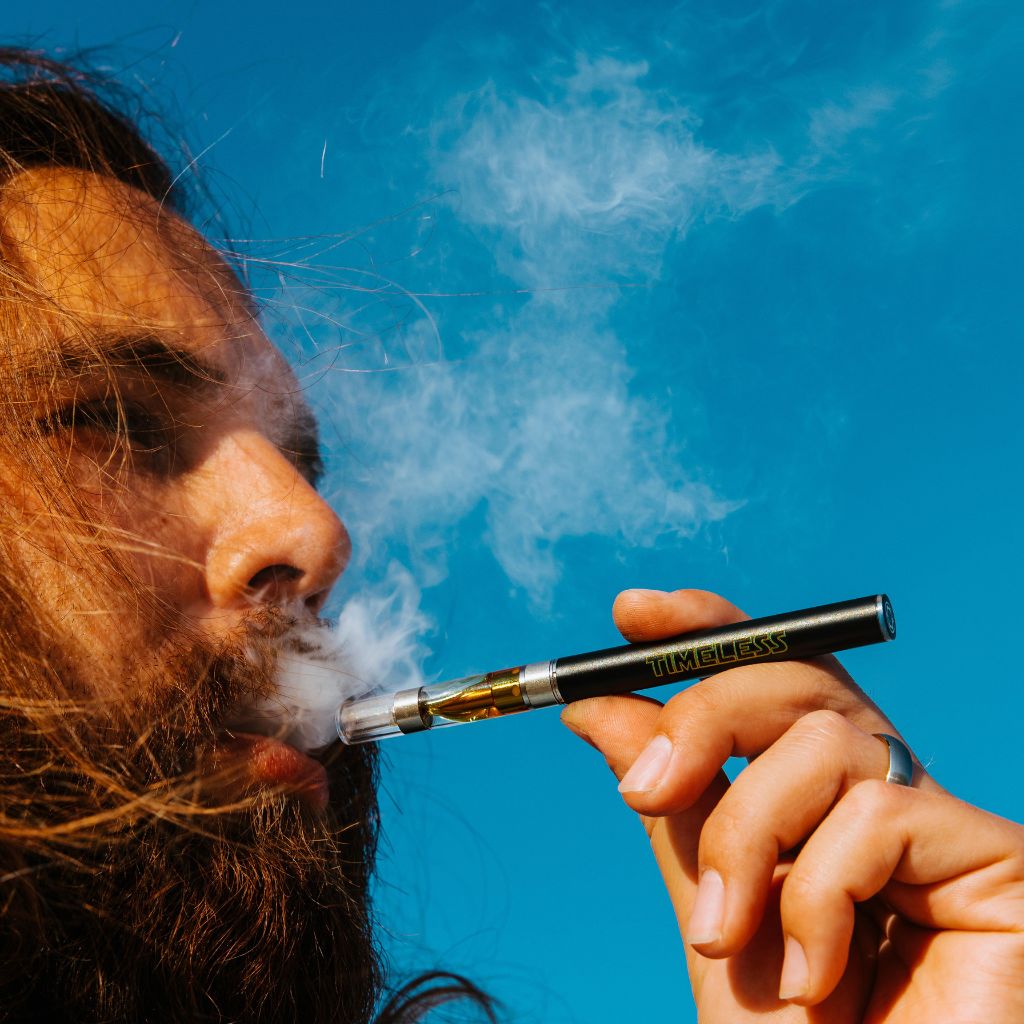5 Things You Didn’t Know About Marijuana
For centuries, marijuana has been utilized by humans for medicinal and recreational purposes. As its influence has become more widespread, marijuana has continued to become more legalized. The fascinating cannabis plant has a colorful history – we’ve got you covered with five interesting and surprising facts about marijuana.
1. Marijuana was the first item ever sold on the internet.
In 1971, a group of Stanford students used ARPANET, the precursor to the modern internet, to arrange a cannabis sale with their counterparts at MIT. This informal transaction wasn’t facilitated by e-commerce platforms like today, but rather through simple communication exchanges. This moment is considered the first online transaction, marking a historical milestone. It’s intriguing that the first online sale wasn’t a book, a stock, or software, but rather a humble marijuana sale, marking the beginning of what would eventually become a massive online marketplace for everything. This sale was a small yet significant step towards the digital marketplace we know today. As the internet evolved, so did the ways people purchase and sell cannabis.
2. Only 9 out of 195 countries have legalized recreational cannabis use.
Despite growing global acceptance, only a few countries have fully legalized recreational marijuana. These countries include Canada, Uruguay, Georgia, Malta, Mexico, South Africa, Thailand, Germany, and Luxembourg. Each nation has its own regulatory framework, reflecting varying cultural, social, and political attitudes towards cannabis. Canada and Uruguay were among the first to take this step, setting precedents for others. However, the vast majority of countries still have strict laws prohibiting recreational cannabis use. In some places, legalization is under debate, but significant challenges remain. The global cannabis industry is closely watching these pioneering countries, as their experiences with legalization could influence future policies worldwide. The experiences of these nine countries will likely influence global policy discussions in the future.
3. While people between the ages of 18–29 are the largest consumers of weed, seniors are the fastest-growing group of consumers in the U.S.
Cannabis use is most common among young adults, particularly those aged 18–29. However, recent data shows that seniors, those 65 and older, are the fastest-growing group of cannabis consumers in the United States. This shift is largely driven by the increasing availability of medical cannabis, which many seniors use for pain management, sleep disorders, and other health issues. As stigma decreases and more states legalize marijuana, older adults are exploring its potential benefits. Dispensaries are now offering products specifically tailored to this demographic. Educational resources are also helping seniors make informed decisions. This trend is reshaping the cannabis market, catering to a broader age range.
4. Only female cannabis plants get you high.
The psychoactive effects of marijuana come from THC (tetrahydrocannabinol), which is produced in the resin glands of female cannabis plants. Male plants produce pollen but contain minimal THC, so they don’t produce the “high” associated with marijuana. Growers often remove male plants to prevent them from pollinating females, which ensures higher THC content in the buds. The female plant’s flowers, or buds, are harvested for their resin-rich trichomes. This selective cultivation process is essential for producing potent cannabis products. Understanding the difference between male and female plants is crucial in cannabis farming. The focus on female plants has revolutionized the way cannabis is grown. This knowledge has helped refine breeding techniques to enhance specific traits.
5. Bob Marley was buried with marijuana.
Bob Marley, the iconic reggae musician and devout Rastafarian, was a lifelong advocate for marijuana, and viewed it as a sacred herb. When Marley passed away in 1981, he was buried in a manner befitting his beliefs and lifestyle. Alongside his Bible, Gibson guitar, and a ring, a small amount of marijuana was placed in his coffin. For Marley, cannabis was more than just a recreational substance; it was a spiritual tool that brought him closer to Jah, the Rastafarian name for God. This act of including marijuana in his burial was symbolic of his deep connection to the plant. Marley’s legacy continues to influence global cannabis culture, particularly in the push for legalization. His life and beliefs remain an enduring symbol of the fight for cannabis rights and its cultural significance.
